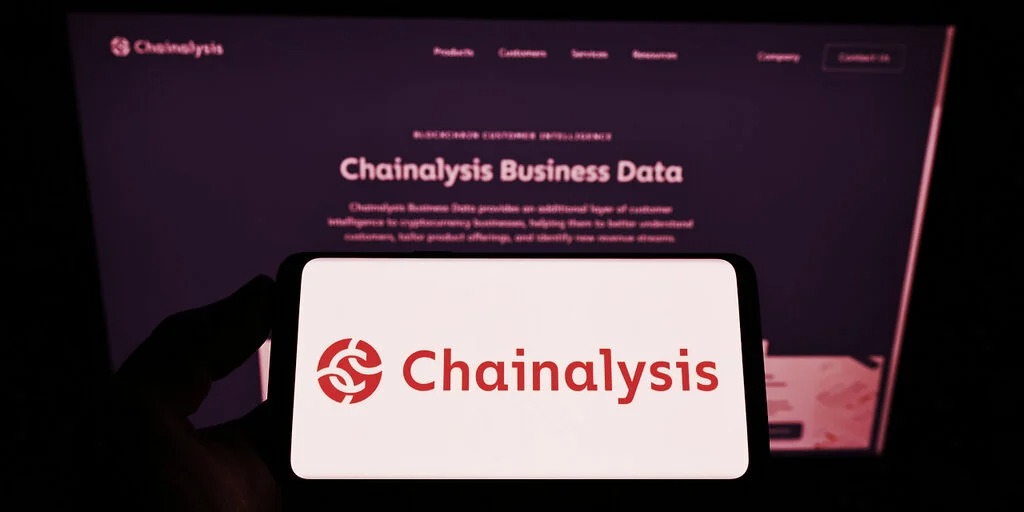
Privacy advocates promote cryptocurrency mixers as a way to protect individual user identities. However, a new report by blockchain intelligence firm Chainalysis shows that most crypto sent to mixers this past year came from cybercriminals or nation states.
Chainalysis reports that illicit addresses account for 23% of funds so far sent to mixers in 2022, an increase from 12% in 2020.
The firm recognizes that mixers can be used for legitimate purposes, including trading crypto under oppressive governments or anonymizing sensitive legal transactions.
Chainalysis states that mixers’ core functionality combined with the fact they rarely ask for KYC [Know Your Customer] information makes them attractive to cybercriminals.
According to the tracking company, mixers received more cryptocurrency in 2022 that ever before.
The services of cryptocurrency mixers allow users to erase any digital money trails left by transactions on blockchain networks such as Bitcoin or Ethereum. This makes it difficult to trace the trail that would otherwise be public and easily accessible on blockchain.
Mixers, also known as tumblers, pool together cryptocurrency deposits from many users and mix them. The pool then pays out funds to users in the form of a pool that is equal to their contributions, less any fees.
Chainalysis reports that mixers are money transmitters in the United States according to the Bank Secrecy Act. Money transmitters must register with FinCEN to implement an anti-money laundering programme. The firm claims it does not know of any mixers that are currently following KYC (Anti-Money Laundering Laws) rules.
Since 2021, several mixologists have been charged, sanctioned and fined by the United States.
Larry Harmon, the CEO of Bitcoin mixer , pleaded guilty in August 2021 to money laundering charges. Harmon was accused of laundering around 300 million dollars worth 354,468 bitcoin. Harmon was also the Coin Ninja Mixing Service’s CEO and was fined $60,000,000.
The U.S. Justice Department declared in April that it had partnered with German law enforcement to seize servers from the Russian darknet site Hydro and sanctioned them.
The U.S. Treasury Department’s Office of Foreign Assets Control issued a series of sanctions in May against a cryptocurrency-mixing service, Blender.io. It had links to North Korea and was deemed a first-of its-kind action. The agency claims that Blender received at least $21,000,000 of the $622,000,000 stolen in the Axie Infinity Ronin Bridge hack.
Cybercriminals sent $36million in stolen Ethereum last month from Harmony Protocol’s Horizon Bridge to Tornado Cash mixing service. Chainalysis also launched a 24 hour incident response program to help those who were targeted by hackers or ransomware.
Chainalysis claims that the money going to mixers is primarily from central exchanges, DeFi protocols and addresses linked to illicit activity related to sanctioned nations, darknet markets and hackers such as the North Korean Lazarus Group.
Chainalysis believes that mixers will soon be obsolete. The firm “continues to refine” its ability to mix transactions and identify the origin source of funds.
